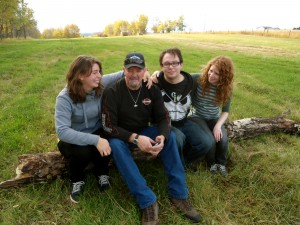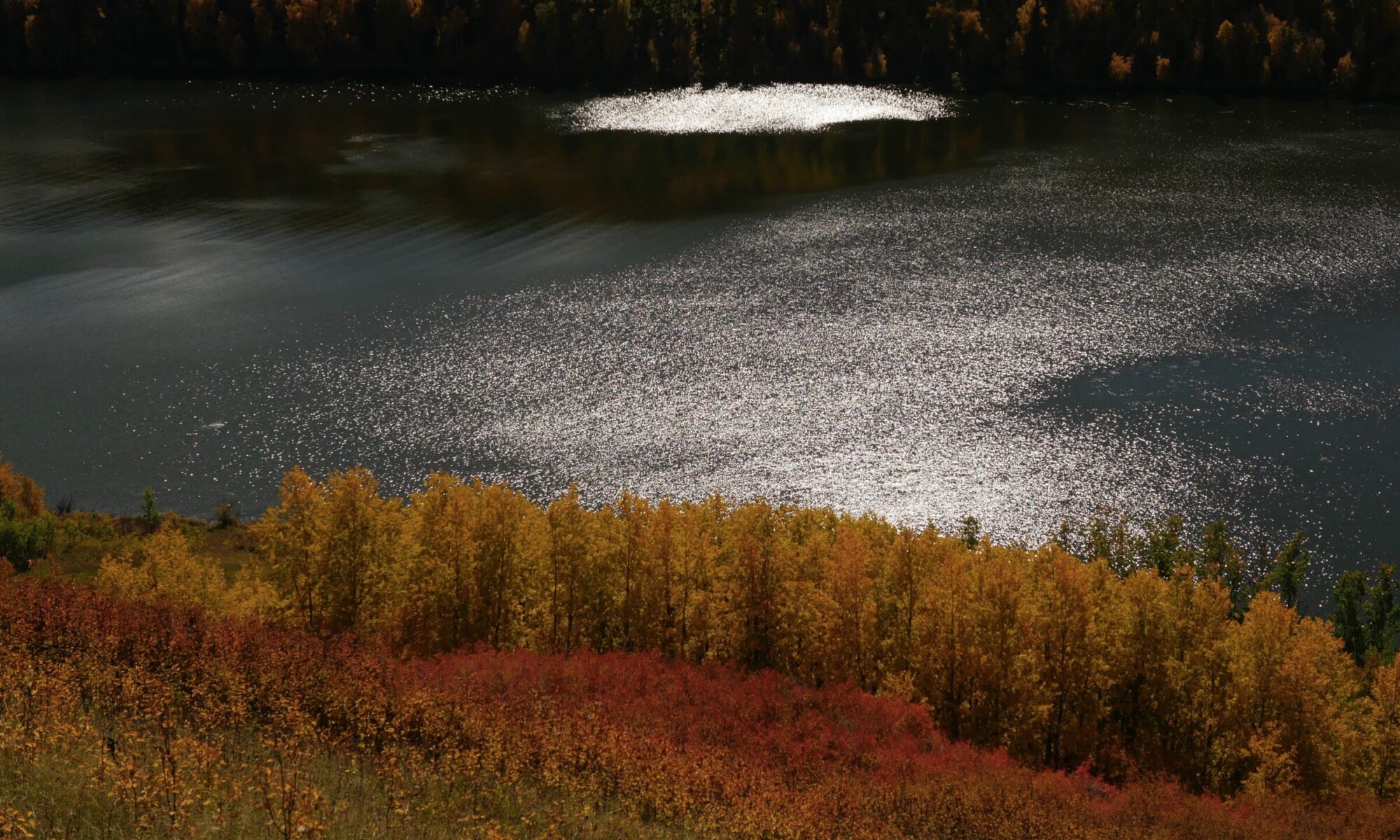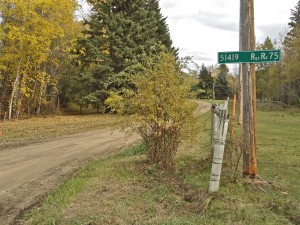
The idea of returning to the farm, the place where I grew up, had been roaming around in my brain for the last couple years. I pictured it frequently, often romanticized to be ‘the great return’. It had replayed many times; sometimes I was alone, sometimes with my mom or sister, but most often it would be with a faceless person I had decided to marry. I would both share my greatest joys, as well as the birth place of my deepest demons and childhood struggles.
My dad sold the farm in 2006, following my parents’ separation in 2002, a few years of drought, and BSE. I hadn’t spent much time out there since my mom and I moved into town in 2002, when I was 12. I didn’t feel much of a sense of loss of the farm until I did my last walk through in 2006, right before the home quarter officially changed possession. To be honest, I had nearly hated farming and the farm for years. I associated it with conflict: the wars between my parents, between our work and the weather, and between my family’s economic situation and the markets, all of which rarely if ever seemed to work compatibly.
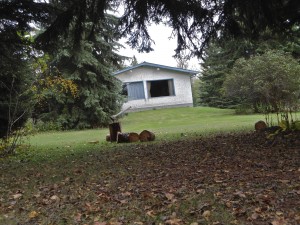
Last week, I was chatting with my dad and I mentioned how him and I should make a mini-roadtrip out to the farm to see it. He didn’t know that after years of internal work on myself I finally felt ready to make peace with it. I was ready to love the land I grew up on, certain I was finally strong enough to fight off any emotional triggers that still linger in my brain. Before I knew it, the trip became a family expedition including myself, dad, sister, brother, my brother’s girlfriend, and one of her friends.
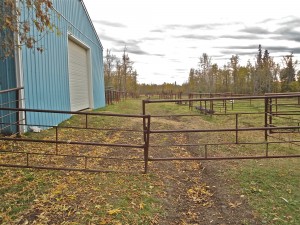
To my surprise, my dad told me that we still own 130 acres of the once 400 that was our farm.
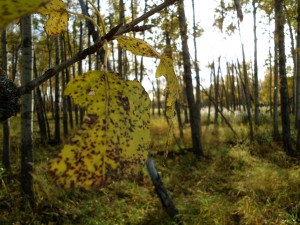
We first took a look at the home quarter, now owned by a young family; a couple with four kids under the age of six. It’s now a small hobby farm with horses, pigs, turkeys, and chickens. A far cry from the 200 head of Black Angus we once had. As I chatted with the wife about the country, farming, why her and her husband decided to leave the city and get into this lifestyle, I couldn’t help but imagine the children running around the yard as little ghosts of myself and my siblings. It made me feel nostalgic and comforted that another generation of children would grow up learning how to garden, that kittens, chicks, and puppies are far better toys than anything at Toys ‘R’ Us, that dirt is meant to be played in and not sterilized, and that meat comes from animals and not just from the grocery store.
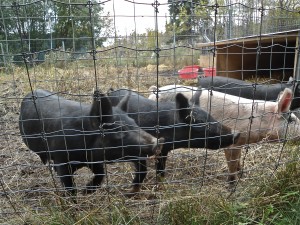
After seeing the home quarter, we went up the hill onto the land that’s still ours and made a fire. I wandered around the trees and field, looking at all the old spots we used to play in. One particular spot was the old combine that we used to use as a jungle gym. By the time my family owned the farm, the combine already had a tree growing through it, which somehow added to its charm and attraction in my imaginative little brain. I also walked around picking up leaves that had fallen on the ground, crunching them between my fingers and bringing them to my face to really inhale the smell of fall.
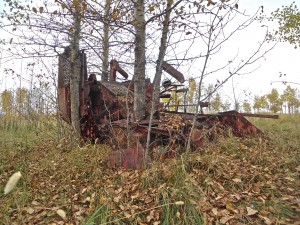
Sitting around the fire, target practicing with a .22, playing on bales, laughing as a family, I realized new memories were being made. A new history was being written in my head with my family and the land. It was no longer just the site of conflict, but now also the picture perfect autumn day I had with my family and the ground beneath us. We later drove away toward town and my dad mentioned trying to sell the last 130 acres once again, and in my brain I heard a little voice scream “please don’t.”
